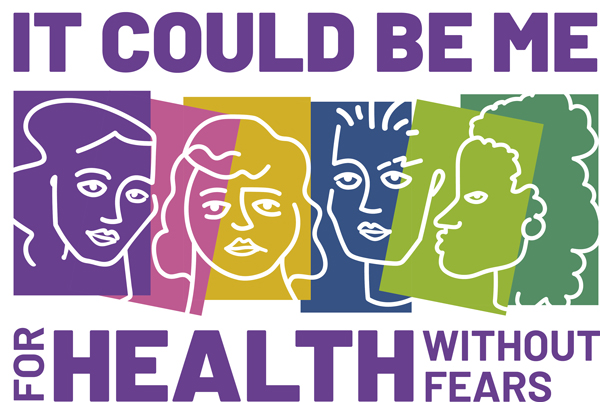Sobre la iniciativa
ABOUT THE INITIATIVE
Recent experiences in Latin America have proven that—to promote legal reforms—generating data and evidence on the effects of using criminal law on sexual and reproductive health is key. Examples that stand out include the legalization of abortion in Argentina in 2020 and Ruling C-055/2022 in Colombia that decriminalized abortion up to 24 weeks of gestation. In this context, this regional initiative seeks to transform the legal approach used on abortion, promoting the generation of empirical evidence that sheds light on how criminalization affects human rights, especially the rights of people who are living in vulnerable situations due to gender, socioeconomic reasons, geographic location, and/or their ethnic identity.

To ensure we are taking the necessary steps toward a more in-depth and regional understanding of the impact of criminal law on access to abortion, we set out to develop a standardized research methodology. This allows us to compare the results between countries and to underscore the human cost of regulating an essential service—such as abortion—using a punitive approach. The research supports national strategies to expand access to abortion and its decriminalization, addressing key aspects such as the relation between criminal laws and the right to health, access to information, and structural inequalities in health and gender equity.
STRATEGY
We implemented a three-component multidimensional strategy. Each component consists of three phases: legal research, communications, and partnership strengthening. The initiative responds to the following objectives:
- Work together with national organizations to contribute evidence that promotes a country-wide discussion on the need to bring about a legal change that a) abstains from using criminal laws to regulate sexual and reproductive health services, or b) that significantly reduces said use.
- Identify trends pertaining to human rights violations through regional reports for each of the initiative's components that shed light on the human cost of these laws and abusive policies that criminalize abortion.
- Strengthen an informed public opinion using stories disseminated through a regional campaign addressing the effects of criminalizing abortion on women, people who can become pregnant, health professionals, and companions.
- Strengthen national, regional, and global partnerships that enable a transnational, south-north, and south-south dialogue on evidence, strategies, and lessons learned in terms of the criminalization of abortion.
- Generate evidence to strengthen arguments and strategies that lead to protecting national and regional legal frameworks regarding sexual and reproductive rights.
COMPONENTS
1
COMPONENT
Generate empirical evidence in at least six countries in the region to understand how laws criminalizing abortion produce human rights violations and promote gender stereotypes.
The partner countries and organizations include: Brazil (Anis), Chile (Miles), Guatemala (Crisálidas), Peru (Proyecta Igualdad), Dominican Republic (CLADEM), and Uruguay (MYSU).
2
COMPONENT
Document—in at least three countries of the region—the consequences of judicializing abortion on the lives of people who have been criminalized.
The partner countries and organizations include: Argentina (Mujer x Mujer), Ecuador (Surkuna), and El Salvador.
3
COMPONENT
Further in-depth studies on the key findings from components 1 and 2.

Each component includes three phases: research, communications, and strategic partnerships to disseminate information to key stakeholders. This includes the strategic use of law as a crosscutting factor.
